Short Fiction: A Sliver of Ivory by Vanessa Lafaye
He wanted you to have this.
It was written with exaggerated clarity on a scrap of paper, as if the author was unsure of the reader’s grasp of English. The torn paper, rather than a proper card, another signal from the sender. It was signed Elaine, with a rounded, buxom capital E. On the padded envelope postmarked Omaha, a cartoon plane swooshed under the jaunty Par Avion.
Elaine. So that was her name. Anna had pictured a different, more exotic name for his wife. Natasha, maybe, or Vivienne. Yet the prospects for these in Omaha, she had to admit, were very slim. Anna pictured this Elaine, sturdy and wholesome, tearing off a page from the pad by the phone, scribbling the note and sealing it with a frown to send across to the other side of the world. To a woman she had never heard of, nor would ever meet, God willing.
Tucked into the corner of the envelope was the thing which Anna had dreaded receiving for forty years. That had to be approached carefully, in stages. She laid the envelope aside and went into the kitchen to make a cup of tea. Once there, she realised her folly and poured several fingers of fine malt whisky into a heavy crystal tumbler. The snow had crept up nearly to the windowsill. Here in the fenland, the banshee gale swept unimpeded straight in from Siberia. She sipped the whisky as he had taught her, and shivered at its warmth.
The day that they met had been a rare slow one at the clinic. Anna had taken the opportunity to scavenge drugs from other hospitals, and spotted him immediately on her return as she crossed the waiting room, arms full of amber bottles. He sat straight-backed in his chair, not looking at anyone, his American airman’s uniform enough of an attention grabber on its own. The other chairs were occupied by a junior naval rating who looked barely old enough to drink, further diminished by a too-large uniform, and a middle-aged civilian man doing his best to pretend that he was elsewhere. She knew that expression well. For most people, a trip to her clinic was an act of desperation.
The airman’s hat rested on one knee, the only sign of his nervousness a slight rocking motion. Although young, he had a centred quality which distanced him totally from the rating, who was a mass of twitching impatience. A bottle fell from her arms and in a single fluid movement the American was on his feet to catch it before it smashed on the tiled floor. With a grin and a shrug, he said, ‘All those years of ballet paid off, I guess.’ His grey eyes, framed by creases, suggested endless prairies under empty skies. He had the healthy, well-fed look of the recently arrived, so different from the local populace. He could not have seemed more foreign if he were wearing a turban and riding an elephant.
Please, please don’t let him be one of mine. Sure enough, twenty minutes later when she returned to the waiting room and called out ‘Donald Olsen’, he rose to his feet. She spun towards the treatment room and said stiffly, ‘Follow me.’ Damn, damn.
‘What seems to be the problem?’ she had asked, pulling on her rubber gloves and avoiding eye contact. Her job was to keep London’s genitals clean, no easy task in peacetime but a complete bastard during a war. The harder the bombs fell, the randier the population grew. Sex and death, natural partners, just like rain and cricket. Her nurse’s training had rendered her virtually unshockable, but there were still some sights that she would never get used to.
‘I’m, um,’ he said, hat poised protectively over his groin, ‘I’m kinda, well, sore. And red.’
‘Let’s have a look then, shall we?’ she said in her best, no-nonsense matron’s voice. He was just a man, with the usual equipment, and no matter what terrible place he’d put it, there was likely to be a remedy. ‘Trousers down, please.’
She studied his penis with professional detachment, and felt a very unprofessional relief at the sight of it. Now she looked up, to see his face full of concern and embarrassment, sweat darkening the hair at his temples. But she was not willing to let him off too easily. His sense of caution needed reinforcement. She kept her expression neutral as she removed her gloves. ‘Well, I believe I know the source of your problem. You can get dressed now.’
‘Yes?’ he said tightly, buckling his belt.
‘You realise that you should have been more careful.’ It was unfair to prolong his distress, but she was enjoying herself.
‘I am careful, was careful, I mean…I don’t know how this happened. I’ve never had this kind of, uh, problem before. I always use a rubber.’
She had seen enough US servicemen to know he did not mean a pencil eraser. Good boy. ‘I’m afraid that won’t help in this case. Unless you wear a…rubber when you bathe.’
‘What? I don’t get it. Why—?’ He went pale, gripped his hat like the steering wheel of a car that would deliver him out of this nightmare.
‘The soap has irritated your skin. You’re probably washing too vigorously, you’re not used to British soap. Be a little less clean, and the problem will go away.’ Now she allowed herself a smile. She rummaged in the desk drawer. ‘Here, take this.’ She handed him a tiny bar of Ivory soap in a very creased and slippery greaseproof paper wrapping, a gift from one of his grateful countrymen. She had been saving it for herself, its delicate freshness so much more pleasant than the hard lye found in the shops. ‘It won’t irritate you so much.’
As she turned, he swept her into his arms with a whoop and spun her around the room. She lost her nurse’s cap and her dignity. ‘Thank you, oh thank you!’ He kissed her on both cheeks, still holding her aloft.
She squirmed out of his arms, straightened her uniform, tucked her hair back into its clips, and replaced her cap. He had felt solid and warm as a sun-baked hillside, his arms easily supporting her weight although she was almost as tall as he. ‘That’s enough, airman. Now if you’ll excuse me, I—’
‘Have a drink with me, please? I’ve been on edge for weeks because of this, now I want to celebrate! Please, one drink, to thank you for making me the happiest Yank in London.’ His smile was easy, open, not a come-on, just friendly and suddenly very appealing.
She was propositioned on a regular basis by her patients, some of the more brazen ones even suggesting that the examination room bed was a very convenient location. Soldiers were the worst, the most determined. Quite a few turned up with absolutely nothing wrong downstairs, having heard that the nurse at the clap clinic was a bit of all right. Howard had been away in Malaya more than two years now, and she had never been tempted, not once.
‘I’m married,’ she had said, more primly than she intended. ‘My husband is fighting in the Pacific. And I have a child.’ Little Theo, with his map of Daddy’s exploits, a different coloured pin to mark each posting. He wrote to her every week from Wiltshire where he had been evacuated, painstakingly penned notes which lacked his essential Theo-ness. ‘The weather is very mild for the time of year,’ and other such phrases betrayed the hand of the head teacher. She could no longer remember how he smelled, neither him nor his father. The clothes they had both left behind carried only the whiff of the cedar wardrobe.
‘One drink,’ he had said, ‘honest to God, I’m just tickled pink. Or tickled red? Come on,’ he said, spread his hands wide. They were good hands, clean fingernails. ‘One drink and then I’ll go home and not take a bath. What do you say?’
Looking back, she was not entirely sure what had persuaded her, but it was something to do with the way he had said the word ‘bath’. She could not resist saying, ‘Don’t you mean baath?’
And that was that. She already knew what would happen, as they sat a decorous distance apart and sipped their whisky, ignoring the envious glares and dark mutterings of the beer drinkers. She had never drunk whisky before, had been put off by its medicinal smell, but Donald knew one which went down like cream and tasted of Christmas cake.
He was from Nebraska. He might as well have said Ceylon, so little did it mean to her. She had told him about Theo, about how brave he had been at the station, with his little case, how she had cried for days after he had left. About Howard she said nothing. Donald’s people were wheat farmers, as would he be, when it was all over. He was the only son, the only bearer of family hopes and honour. The London posting was unexpected, just a stop-gap until he could join his squadron. He had always wanted to fly. He liked to dance, but did it badly. She offered to coach him. All very civilised and normal—and utterly belied by the glances passing between them. No one had looked at her with such hunger for a very long time. Never, in fact.
Then they were outside on the pavement, just staring at each other while passersby swirled around them. She took his hand and led him to her flat. It was hot and quick, they were barely inside the front door—although with a brief pause while he expertly applied the ‘rubber’. She clung to him, he cradled her hips easily in his hands, whispering urgently into her hair, words she had never heard before.
All through the long summer, they met in her stifling flat. With the windows open for the feeble breeze, they had to be very quiet—in itself a hardship—but even so they grew so slick with sweat that they simply slid off each other and lay giggling on the floorboards. Their saviour was the extra-large claw-footed bath where they would recline in the cool water together and smoke and drink more whisky. There they remained even when the air raid signal went off and explosions rained plaster dust down onto their heads.
They never talked about the future, although the subject was there in every glance and every caress. It hung in the air above them like the cigarette smoke.
If she ever thought about Howard, like when his infrequent letters arrived, it was fondly but abstractly, as if he were a character in a book she had begun reading and then misplaced. They had been married for nearly ten years when he was sent away, yet her memories of their time together had blurred and smudged. A vague sense of contented companionship, which Theo’s arrival seemed to diminish rather than strengthen. After the difficult and protracted birth, during which Howard had remained steadfastly in the pub, he had regarded her changed body with ill-concealed distaste. He could not be in the same room when she fed Theo, and moved into the second bedroom ‘so as not to disturb’. One night, not long before he was called up, he came home late from the pub with a gamey, unfamiliar smell on him.
Donald, or Don as he preferred, made her body his project. A cartographer by trade, he set out to map every bit of her, in such detail and with such interest that she eventually lost her self-consciousness, even about her childbirth scars. She taught him to cook. He taught her to wire a plug. He read all of Theo’s letters, asked about his progress in school. And all the while, each day drew in just a little bit more, the light a little bit softer.
She saw the looks from her neighbours. She heard the gossip about her at work. Yet all of that seemed to belong to a world that she had left behind. Or maybe a world that existed to one side, which she could observe but was totally separated from. As promised, he was a terrible dancer and impervious to her coaching, so they held each other close and moved slowly about the floor, even after the music had stopped. Nothing of the real world—neither bombs nor the gossip nor her marriage—could touch them. She felt safe with him, only with him. On her way to work, as she picked her way past the still-smouldering remnants of buildings, their contents strewn in the street or hanging from blasted trees, she imagined being in his arms and felt safe.
On an early evening in late September, they got out of bed to forage for food. Don wore only his uniform trousers, Anna wearing his shirt. He moved about the kitchen with easy familiarity.
‘Doesn’t look promising,’ he said into the nearly bare cupboard. While still in bed they had eaten the melting chocolate bar that Don had brought, licking bits off each other and leaving dark streaks on the sheets. ‘A few spuds, an onion, and a little milk.’
‘Stand aside. I can work miracles with that. You Yanks think a meal has to include an entire cow, don’t you?’
‘We do, huh?’ He slipped his hands under the shirt and tickled her belly. ‘Is that what you think?’
She squealed and brandished a spatula, backing away from him towards the front door. ‘Watch out, you, I’m armed and dangerous.’ She took another step backwards just as Don shouted, ‘Anna, no!’
She smelled him before she saw him, a rank, ammonia-like odour. He had lost weight, a lot of it. The collar of his uniform stood away from his sunburned neck. A long maroon scar wound from his left ear to his chin. In his right hand, almost casually, rested his service revolver. She could not prevent the gasp of fear and revulsion.
‘I thought,’ said Howard, and his voice was different too. An old man’s voice, coarse and strained. ‘I thought there was an…intruder.’
‘Howard, I’m—’ she did not know what she was. ‘Sorry.’
He spoke to Don as if she were not there. ‘I’m going out now, to walk around the square. When I return, you will be gone. Understand, mate?’ The last word was invested with a menace she had never heard before in his voice. He still did not look at her. Howard always had beautiful manners, never one to cause a scene.
Don had said something, but she could not hear. She could see only Theo, on the platform at the station.
Fifteen minutes later, when Howard had returned, Donald was gone. He had argued with her, eventually pleaded with her to come with him, but finally left, closing the door quietly. And she and Howard had faced each other. His pupils were dilated, like he was drugged. He stared, saying nothing, absently swinging the gun like a toy.
‘Howard, please—’
It had felt like a punch in the face, but Howard remained a few feet away, staring at her, his mouth a perfect round O of horror. Pain detonated in her right eye and she fell. There was a smell of cordite, which reminded her of bonfire night. She had always loved fireworks. And another smell, very close by, of burning. She heard him scream, ‘Anna!’, then the heavy thwack of the gun on the wooden floor. ‘Anna,’ he whispered, stroking her hair. That was where the police had found him, alerted by a neighbour who had finally had enough of the commotion upstairs, kneeling over her shattered face.
A sudden gust whistled through the ill-fitting window frames. Anna took her whisky into the sitting room and settled in the wingback chair beside the fire. The empty eye socket itched in the dry heat, so she removed the patch and gave it a good scratch. No one around to object, another luxury of the solitary life. They had tried very hard to persuade her to take the glass eye, even bullied her, but she had refused. With a cane, she could get around well enough, and her speech was only a little bit slurred. Her awkward gait and odd speech most often led people to assume that she was drunk. And, in the early days, she often was. But never on whisky.
She had not pressed charges. What was the point? The law of ‘extreme provocation’ was on Howard’s side, and there was Theo to think about. They had agreed to tell him that Mummy had an accident. When he finally came home from Wiltshire, so much bigger that it broke her heart, he was frightened of the patch at first, but soon decided that it was spiffing to have a pirate Mummy.
The move to Cambridge had given them a fresh start. Time had passed, as it always does, even if it did not heal. Their wedding picture was still on the mantle, both of them looking so anxious to please. It was how she chose to remember Howard. The bullet was still in there, somewhere, which made for hilarious scenes at airport security when she flew off to see Theo, Marlene, and the boys.
The envelope lay on her lap. She always thought that she would know when it happened, would feel some kind of vibration, a change in the barometric pressure, when he was no longer in the world. Sentimental nonsense, she know realised. The envelope before her was proof. She tipped it open and smiled, her eye misted over. The wrapping on the bar of Ivory soap was worn almost transparent, but she could still read the cursive script. The contents had crumbled yet when she pressed it to her nose, the delicate, clean fragrance was there, barely discernible but there.
Or maybe it was only her imagination.
—
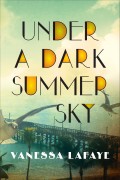 Vanessa Lafaye was born in Tallahassee and raised in Tampa, Florida, where there were hurricanes most years. She first came to the UK in 1987 looking for adventure, and found it. After spells of living in Paris and Oxford, she now lives in Marlborough, Wiltshire, with her husband and three furry children. Vanessa leads the local community choir, and music and writing are big parts of her life.
Vanessa Lafaye was born in Tallahassee and raised in Tampa, Florida, where there were hurricanes most years. She first came to the UK in 1987 looking for adventure, and found it. After spells of living in Paris and Oxford, she now lives in Marlborough, Wiltshire, with her husband and three furry children. Vanessa leads the local community choir, and music and writing are big parts of her life.
Her debut novel Under a Dark Summer Sky came out earlier this year.
Find out more about Vanessa on her Website www.vanessalafaye.wordpress.com
Facebook: https://www.facebook.com/vanessalafayewriter
Twitter @VanessaLafaye
Category: Short Fiction




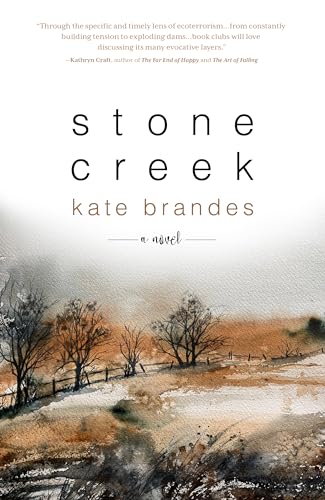
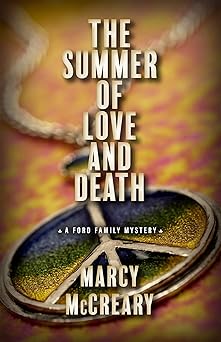
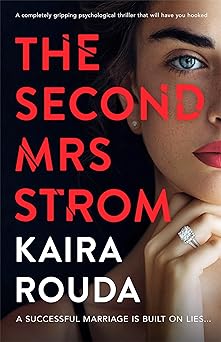
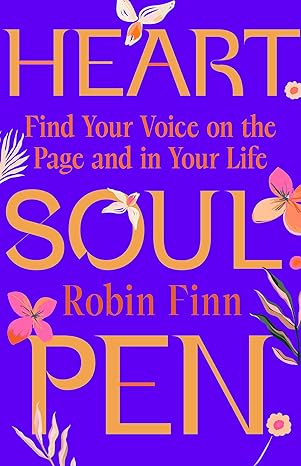
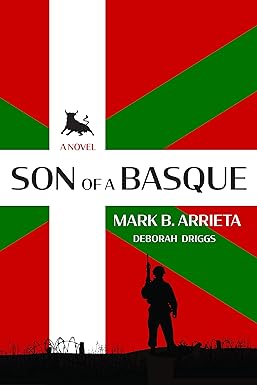
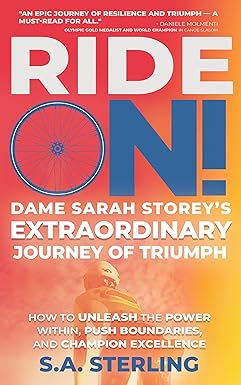
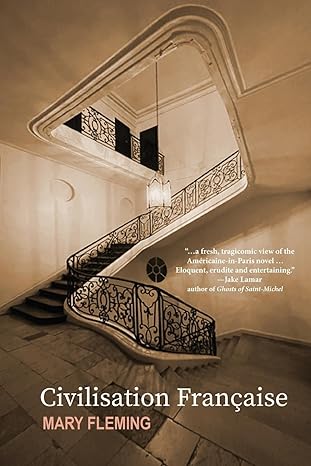
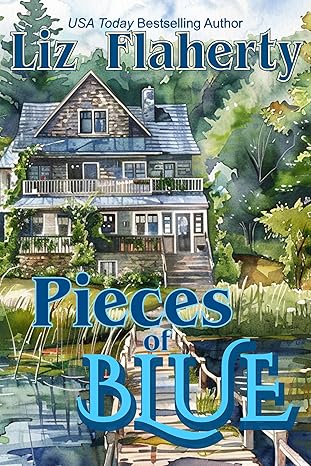
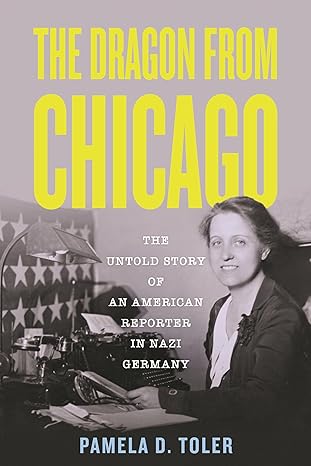
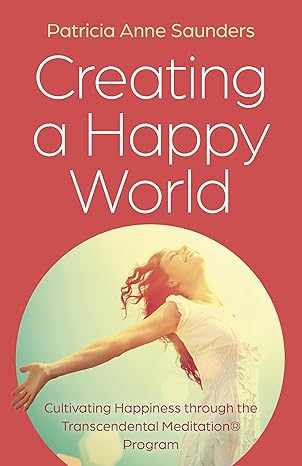
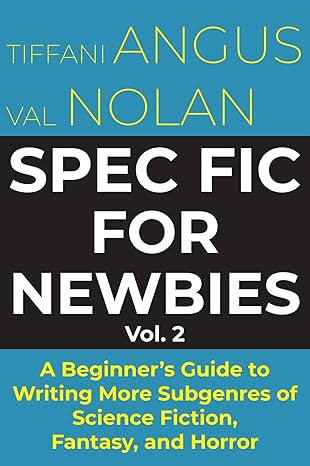
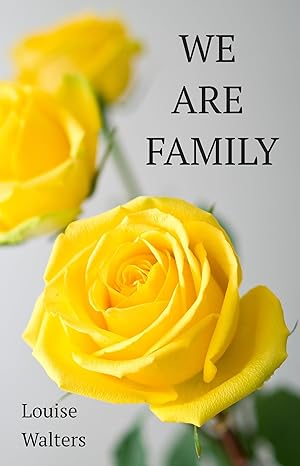
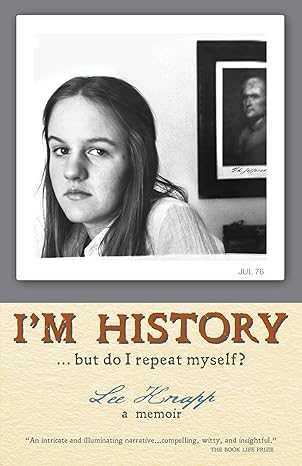
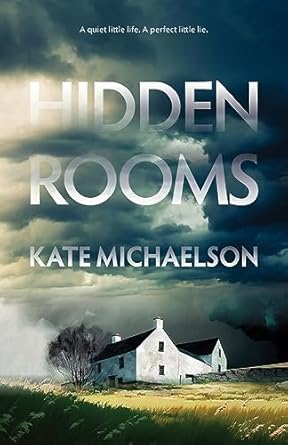
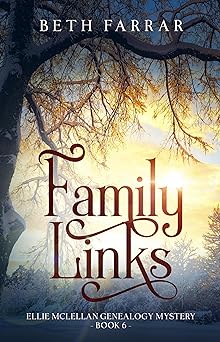
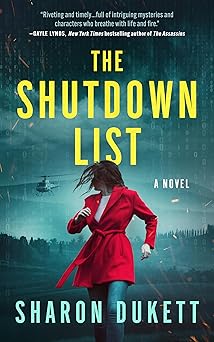
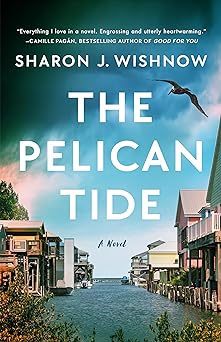
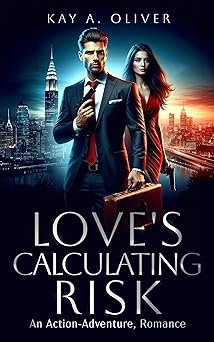
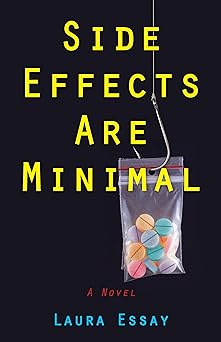
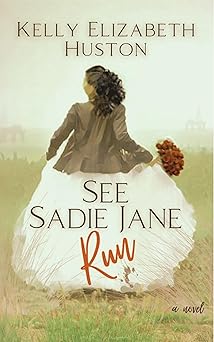
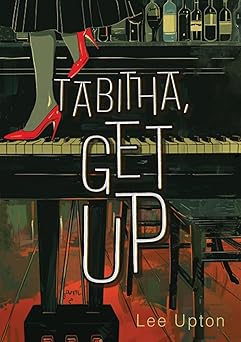
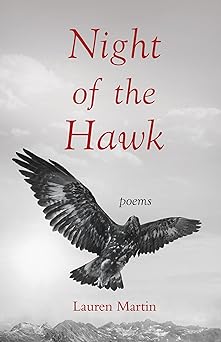
Comments (2)
Trackback URL | Comments RSS Feed
Sites That Link to this Post